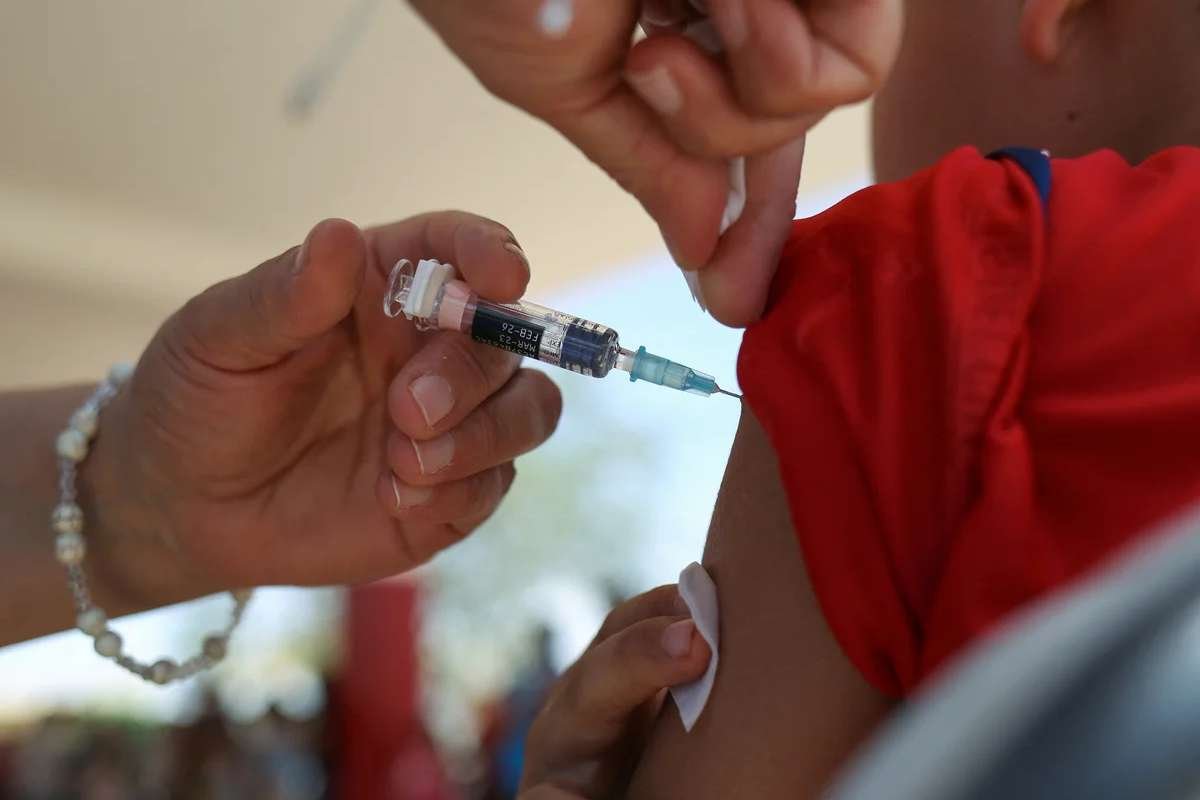A landmark study published in The Lancet has revealed that childhood vaccination programs have saved an estimated 154 million young lives worldwide over the past 50 years. This tremendous global achievement is credited largely to the World Health Organization’s Expanded Programme on Immunization, which has vaccinated over 4 billion children against diseases such as measles, polio, tuberculosis, and tetanus. The campaign has seen a 75% reduction in the number of “zero-dose” children — those under one year of age who have never received even a single dose of the diphtheria-tetanus-pertussis vaccine.
Described as one of the most cost-effective public health strategies, childhood immunization offers an impressive financial return, up to 44 times the cost of investment. Yet, despite these benefits, the momentum behind global immunization efforts has been waning in recent years, raising concerns among public health experts.
Barriers to Progress: Pandemic, Conflict, and Misinformation
Between 2010 and 2019, at least 21 out of 36 high-income countries experienced a decline in one or more types of routine childhood vaccinations. More broadly, essential immunization rates fell in over 100 countries during the same period, according to Gavi, The Vaccine Alliance. These setbacks contributed to resurgences of diseases like diphtheria, polio, and yellow fever.
The COVID-19 pandemic further disrupted vaccination efforts, with the number of zero-dose children peaking at 18.6 million in 2021 before slightly decreasing to 15.7 million in 2023. However, experts caution that the pandemic is not the sole cause. Political instability, armed conflicts, climate-related disasters, population displacement, and a growing wave of vaccine misinformation have also undermined global immunization programs.
In 2019, the World Health Organization named vaccine misinformation as one of the top threats to global health. The study’s authors emphasize the need for targeted strategies to address these diverse challenges, tailored to the specific social and political environments of affected countries.
Shifting Political Agendas Threaten Future Gains
The United States, long a major supporter of international childhood vaccination campaigns, may see significant changes under proposed political leadership. Former President Donald Trump’s 2026 budget proposal aims to defund key global health initiatives, including the CDC’s international vaccine programs and funding for Gavi. His appointment of Robert F. Kennedy Jr., a known vaccine skeptic, to lead the Department of Health and Human Services has also raised alarm. Kennedy has questioned the need for COVID-19 vaccines in children and pregnant women, and replaced CDC vaccine advisors with figures linked to misinformation campaigns.
Although the majority of U.S. parents continue to value routine childhood vaccines, recent data from the CDC show that exemption rates among kindergarten students have reached record highs in the 2023-24 school year, with some areas exceeding 5%.
Globally, the largest populations of unvaccinated children are found in eight countries: Nigeria, India, the Democratic Republic of Congo, Ethiopia, Somalia, Sudan, Indonesia, and Brazil. Experts argue that the path to the WHO’s goal of 90% global childhood vaccination coverage by 2030 will require renewed investment, localized outreach, and an aggressive push to counteract vaccine misinformation.







